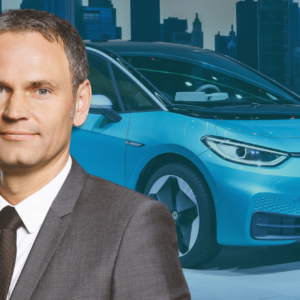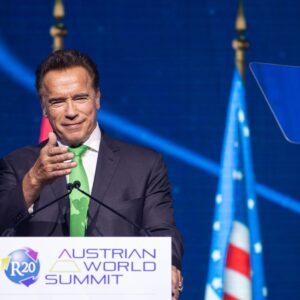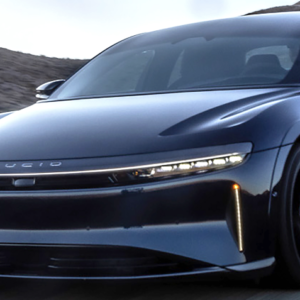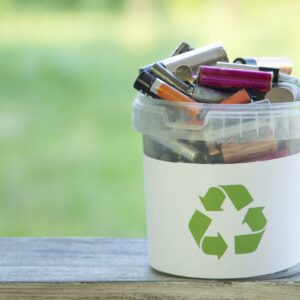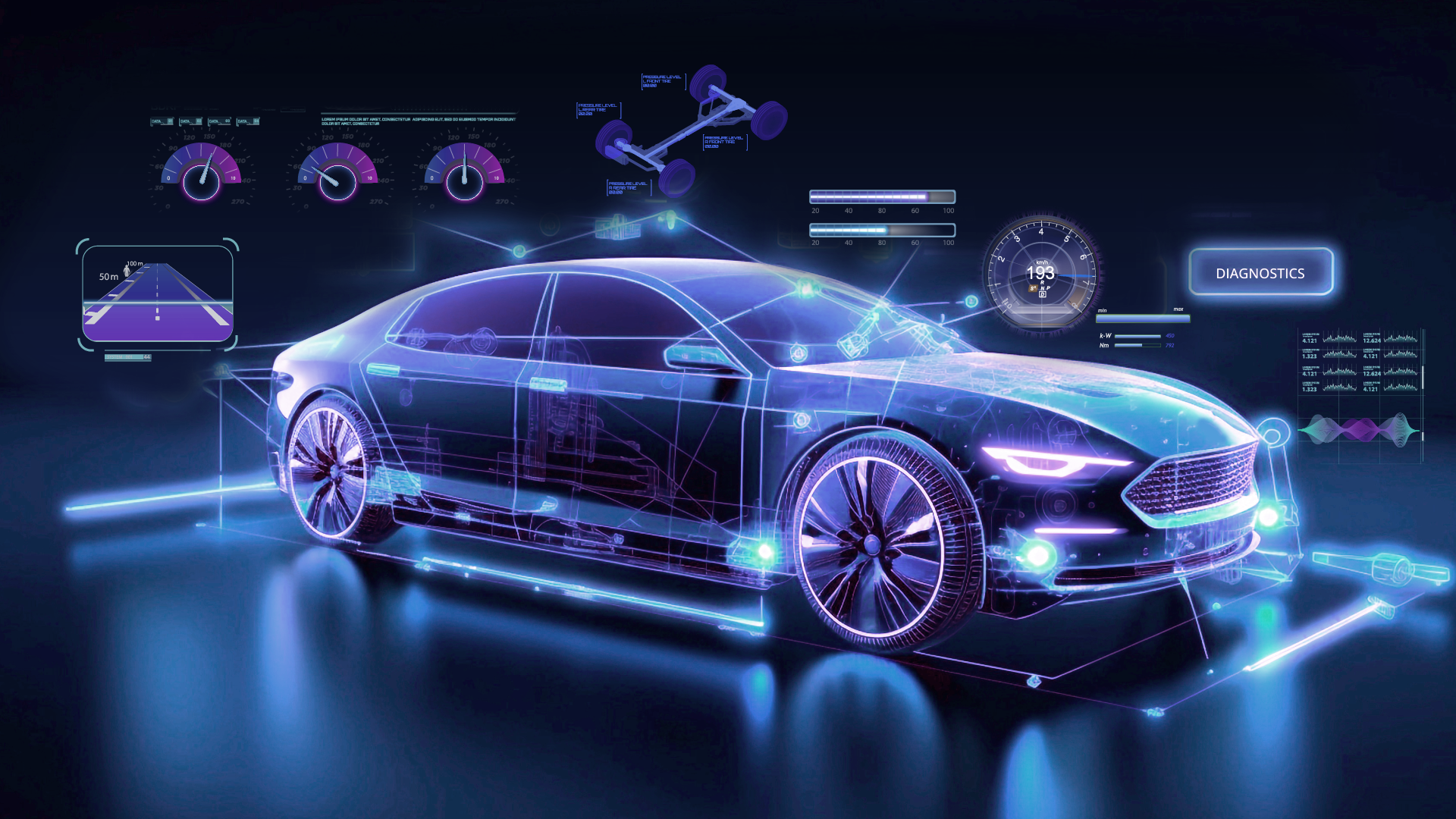
The electric vehicle (EV) revolution, promising a cleaner, more sustainable mode of transportation, is currently navigating a complex storm within its supply chain. From the steep costs of batteries to the scramble for essential minerals and the intricate dance of global logistics, automakers are tasked with balancing the drive for affordability against the backdrop of ethical sourcing and geopolitical intricacies.
The Cost and Ethical Quandary
Battery expenses loom large over the EV industry, significantly impacting vehicle affordability and mass adoption. Despite reductions in prices, batteries still constitute a major portion of an EV’s cost. The challenge for automakers is to scale production affordably while ensuring the ethical procurement of materials—a delicate balancing act between cost-efficiency and moral responsibility.
Material Scarcity and Geopolitical Maneuvers
The demand for key battery minerals—lithium, cobalt, and nickel—far outpaces supply, leading to a bottleneck in production capabilities. The situation is further complicated by the geopolitical concentration of these resources, with China playing a pivotal role in both mineral extraction and battery cell manufacturing. This dominance introduces vulnerabilities related to trade tensions and supply chain disruptions, underscoring the need for diversified sourcing strategies and the enhancement of domestic production capabilities.
Logistical Complexities
The global transportation of battery minerals adds another layer of complexity, influenced by geopolitical relations and fluctuating fuel prices. Establishing sustainable and fair trade logistics networks is paramount, yet the task is as challenging as it is crucial, requiring innovative solutions to navigate this multifaceted labyrinth.
Recycling: A Potential Solution
Battery recycling emerges as a promising avenue to mitigate some of these challenges, offering a way to decrease reliance on virgin materials and minimize environmental impact. Yet, the development of an efficient recycling infrastructure to handle diverse battery chemistries is still in progress, presenting an ongoing challenge in balancing cost, efficiency, and environmental considerations.
Innovation as the Way Forward
Amid these challenges, ongoing research and development shine a light on potential pathways forward. Notably, the migration towards more abundant battery chemistries, such as lithium iron phosphate (LFP), as seen in China, presents a viable alternative. LFP batteries, while offering lower energy density, provide advantages in terms of cost, safety, and availability of materials. This shift towards chemistries that rely on more abundantly available materials could significantly alleviate some of the supply chain pressures faced by the industry.
Collaboration for a Sustainable Future
The path to a secure and sustainable EV battery supply chain is undeniably complex, demanding collaborative efforts across the board. By uniting the forces of governments, automakers, miners, and technology developers, the industry can tackle the cost issues, ethical sourcing challenges, and logistical hurdles head-on. While the journey is fraught with obstacles, the combined commitment to innovation and cooperation paves the way towards achieving the EV revolution’s lofty ambitions.
As the industry explores alternatives like LFP batteries and invests in recycling technologies, the vision of an electrified future remains robust. The challenges of today prompt not only creative solutions but also a reevaluation of our approach to energy, materials, and mobility. In navigating these challenges, the EV industry not only moves towards a more sustainable future but also leads the way in redefining transportation for the coming generations.


